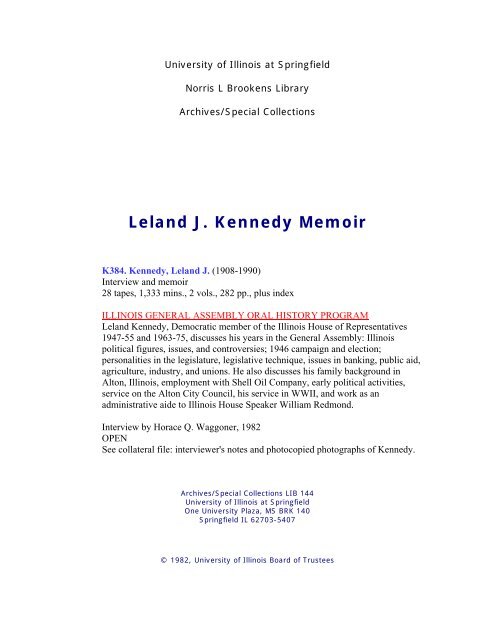

There are conditions in which a grandfather clause is not revoked, but a nonconforming use becomes a vested legal right and permanent, within limits: Can You Revoke a Grandfather Clause? No, but it Can be Controlled and Limited. This means a grandfathered use might never be revoked. That includes the fact that you can’t suddenly stop what a person has been doing lawfully with their land in the past. Under our federal Constitution, you can’t be deprived of property rights without due process of law. What protects the property owner isn’t land-use law, but constitutional law. Courts can limit those uses, but not abolish them. Laws are interpreted not to favor nonconforming uses. Wasn’t abandoned or discontinued for a year or more.Īs one might imagine, local governments don’t like After the change in the code went into effect, the use.The use existed on the date spelled out in the zoning or administrative code.To establish a nonconforming use, you must show: This grandfather clause protection refers only to the right not to have the use immediately stopped due to a new rule or ordinance prohibiting the use. The right to continue a nonconforming use, despite a rule which prohibits it, is sometimes called a “protected” or “vested” right. This now-nonconforming use continues or is after the zoning code change so long as the use it is not interrupted for longer than a given period, usually a year (which would be a lapse). Legally existed before the change in the surrounding area.

Timing is essential with these types of uses. It can’t be “revoked” immediately, but the nonconforming use could potentially become strictly regulated and purposefully ended according to a reasonable legal time frame. A grandfather use can lapse if the property owner fails to take advantage of it over time. While powerful, grandfather use rights are not unlimited. Grandfathered uses, therefore, occur when a new land-use regulation or rule doesn’t apply to an existing property because it fails to conform to the new land-use control. In a manner of thinking, it’s as though the regulatory goal posts can shift. The difficulty with code is that it changes and evolves over time. For instance, one section of municipal code would limit one’s lot to a single-family residence, but another section might mandate how large the home can be for the lot. What’s more, codes govern not only what people can build, how they can build it. State and local government use municipal “zoning codes” to govern how buildings are constructed and how land is utilized.

To understand it fully, one must understand how zoning and land use codes work. Non-conforming use, more commonly referred to as a “grandfathered use,” is a concept found in zoning and land use law.


 0 kommentar(er)
0 kommentar(er)
